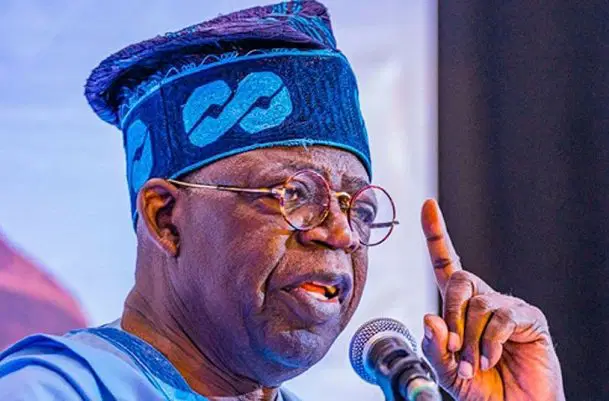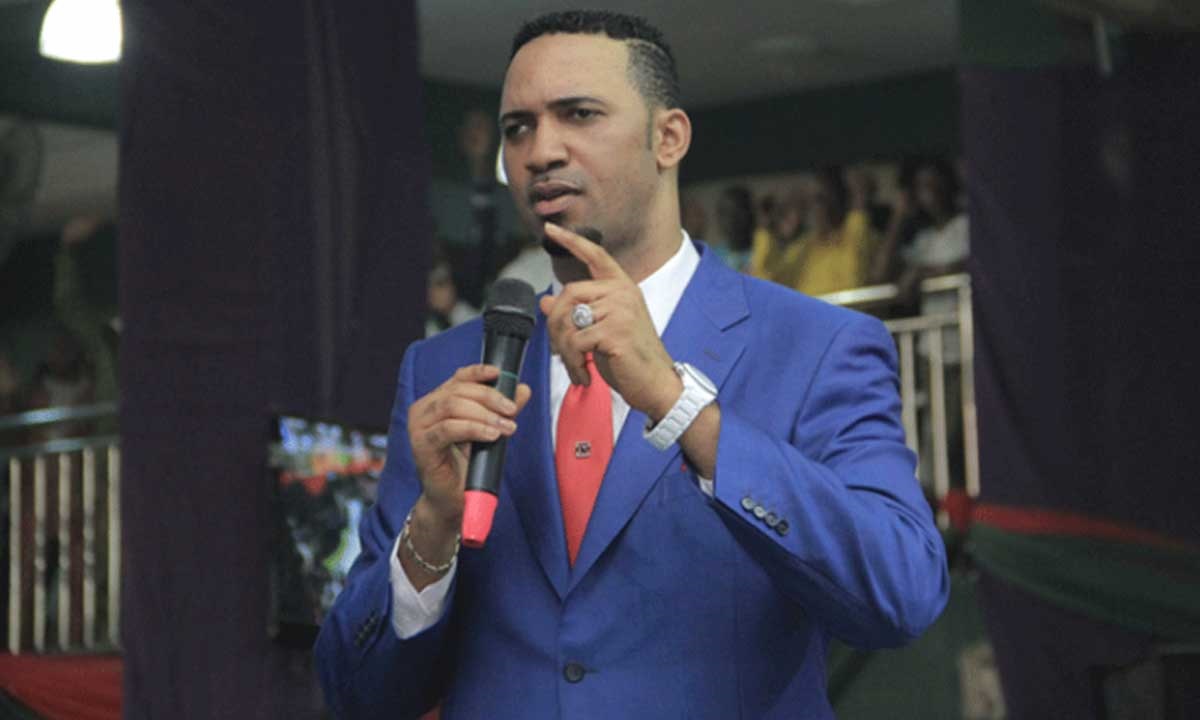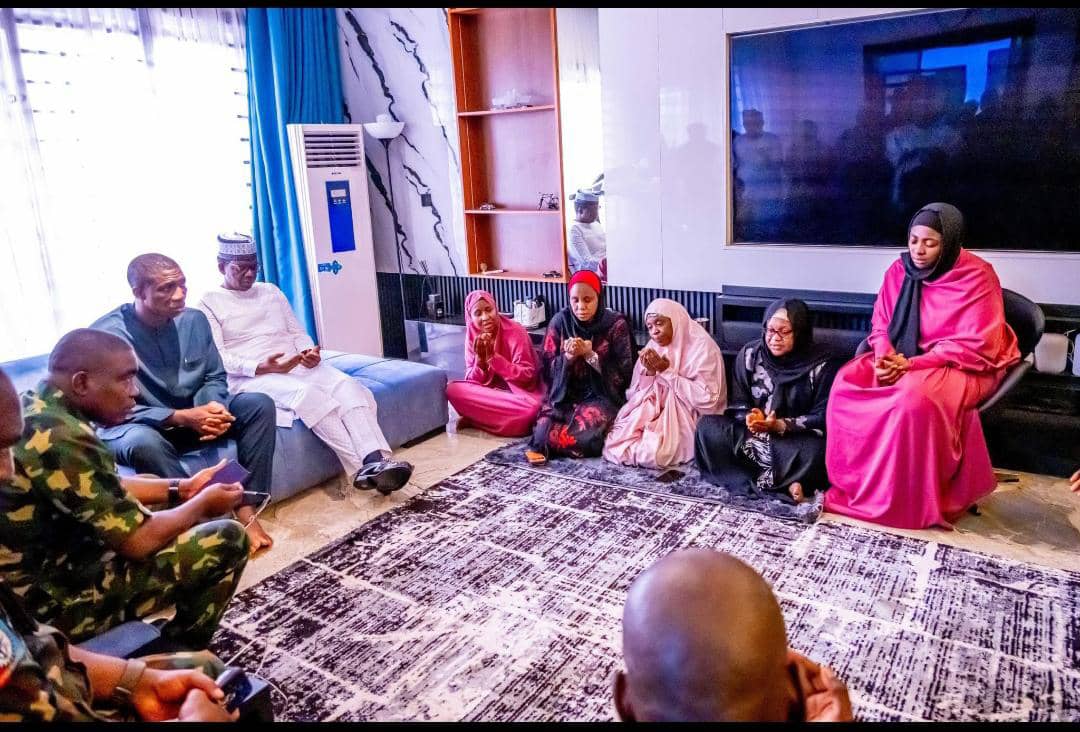In a strategic move to enhance Nigeria’s domestic economy and promote local content, President Bola Tinubu has introduced a policy prohibiting Ministries, Departments, and Agencies (MDAs) from acquiring foreign goods or services that are already produced locally, unless a written waiver is obtained from the Bureau of Public Procurement (BPP).
On Monday, the Federal Executive Council (FEC) approved this new policy framework, positioning Nigeria as the focal point for public procurement and business activities. This initiative aims to empower local industries and decrease reliance on foreign imports.
Dubbed the Renewed Hope Nigeria First Policy, the program seeks to cultivate a new business culture characterized by boldness, confidence, and a distinctly Nigerian identity.
During a briefing for State House correspondents following the fifth cabinet meeting of 2025, led by President Tinubu at the Council Chamber in Abuja, Minister of Information and National Orientation Mohammed Idris elaborated on the policy’s intent to promote domestically produced goods.
Idris described the initiative as a significant shift in the nation’s economic strategy, reminiscent of former U.S. President Donald Trump’s “America First” doctrine. “This policy aims to create a new business culture that prioritizes the interests of our people and industries by transforming our spending, procurement processes, and overall economic framework,” he stated.
An executive order is anticipated, as the Attorney General of the Federation has been instructed to draft one to provide legal backing for the new framework.
According to Idris, the Nigeria First policy is poised to become a cornerstone of the administration’s economic strategy, particularly as the government advances its industrialization agenda and goals for import substitution.
Idris outlined several immediate actions approved by the Council:
– The Bureau of Public Procurement (BPP) will revise and enforce procurement rules that prioritize Nigerian-made goods and solutions across all MDAs.
– A comprehensive compliance mechanism will be established to ensure adherence to local content requirements in all government procurements.
– The BPP will maintain an updated database of high-quality Nigerian suppliers for reference in procurement decisions.
– Procurement officers currently assigned to various MDAs will be returned to the BPP to ensure compliance and mitigate corruption.
– No MDA will be permitted to procure foreign goods or services available locally without a written waiver from the BPP.
– In cases where foreign contracts are essential, they must include provisions for technology transfer, local production, or capacity building in Nigeria.
– All MDAs are required to review and resubmit their procurement plans to align with the new policy directives, with breaches resulting in disciplinary action or potential cancellation of procurement processes.
Idris highlighted the neglect of Nigeria’s sugar industry as an example of local capacity being overlooked, stating, “We continue to import sugar despite the presence of the Nigerian Sugar Council and various local producers. This policy will rectify that.”
Moving forward, he emphasized that contractors will no longer serve as mere intermediaries sourcing foreign goods while local factories remain idle. “Government spending must now benefit the Nigerian populace,” he asserted.
The Nigeria First policy is being implemented alongside economic reforms initiated by the Tinubu administration, which include subsidy removals, a new foreign exchange regime, and efforts to restore investor confidence. By centering local content in government spending, the administration aims to stimulate job creation, industrial growth, and sustainable economic development.
While challenges in implementation and resistance from established procurement practices are anticipated, officials express a strong commitment to enforce compliance across all levels. “This represents a significant shift in government policy, placing Nigeria—not foreign companies or imports—at the forefront of our national development,” the minister said.
The Renewed Hope Nigeria First Policy is expected to take effect promptly following the signing of the Executive Order by President Tinubu.
**Nigeria Joins Asian Infrastructure Investment Bank**
Additionally, Minister of Finance and Coordinating Minister of the Economy, Wale Edun, announced that the FEC has approved Nigeria’s accession to the Asian Infrastructure Investment Bank as a non-regional member. He noted that while the bank is primarily composed of Asian members, it accepts members from other regions, and Nigeria was invited to join in 2021.
Edun explained, “We have completed the formal legal and administrative processes, including payment for the shares. We are now full-fledged members of the Asian Infrastructure Investment Bank, which is dedicated to promoting infrastructure development and sustainable economic growth among its members.”
He further highlighted that Nigeria holds 50 shares, each valued at $100,000, totaling $5 million. “The approval granted us the right to subscribe to 50 shares of the capital stock within the AIIB,” he concluded.





